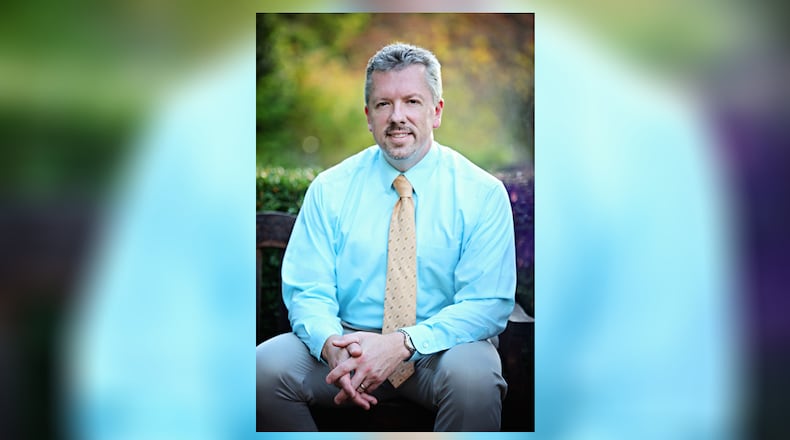Relationships are one of the biggest factors that influence a person’s happiness, he said, and many meet their social needs through the workplace. Social isolation is a risk after retirement, but it is just one trial for many.
Stressors come from many directions after retirement, said Douglas McGarry, the executive director of the Area Agency on Aging, a nonprofit organization that serves nine counties in west central Ohio.
Financial and health care concerns are two of the biggest, he said, coming on the heels of losing an income and often health insurance. Housing considerations also may be top of mind, as retirees decide if they want to remain in their home, downsize or move to another state.
What’s more, those who once worked 40 hours a week suddenly may have a lot of free time and very few plans.
“Early on it sounds absolutely wonderful,” McGarry said. “But after a month or so it starts creating a lot of stress.”
That can particularly be true if the new retiree has a spouse with different expectations, he said. A working spouse may expect the retiree to now take care of the house or do other tasks. And a spouse at home can present other challenges.
“Now all of a sudden their spouse is no longer working and they’re sharing a house, maybe for the first time in their marriage,” McGarry said.
Those differing expectations also can extend to others, such as family members who assume the retiree can now be their babysitter.
Older adults have many options to relieve minor stress and anxiety, such as senior centers, recreational activities, volunteering or even auditing college classes, he said. But, in some cases, they may need to discuss their concerns with an expert.
“We have premarital counseling, but maybe we need pre-retirement counseling,” McGarry said.
Bernard said discussing mental health is becoming more socially acceptable within our society. He suggests being proactive about caring for mental health — having a solid plan and a good relationship with a counselor who can offer objective advice can help.
Family and friends also can look for red flags that may indicate that a loved one should speak with a professional, he said. These include increasing isolation, a lack of motivation and a failure to engage as much as they once did.
Those who find help often feel validated and better understood. Talking to a professional also can help to restructure their thoughts. Changing how they think can change how they feel, he said. That, in turn, can change how they act.
While some people look forward to retirement, others dread it, Bernard said. Anxiety can be caused by the unknown, but developing a plan can inhibit worries.
“A plan makes people feel empowered,” Bernard said.
About the Author

